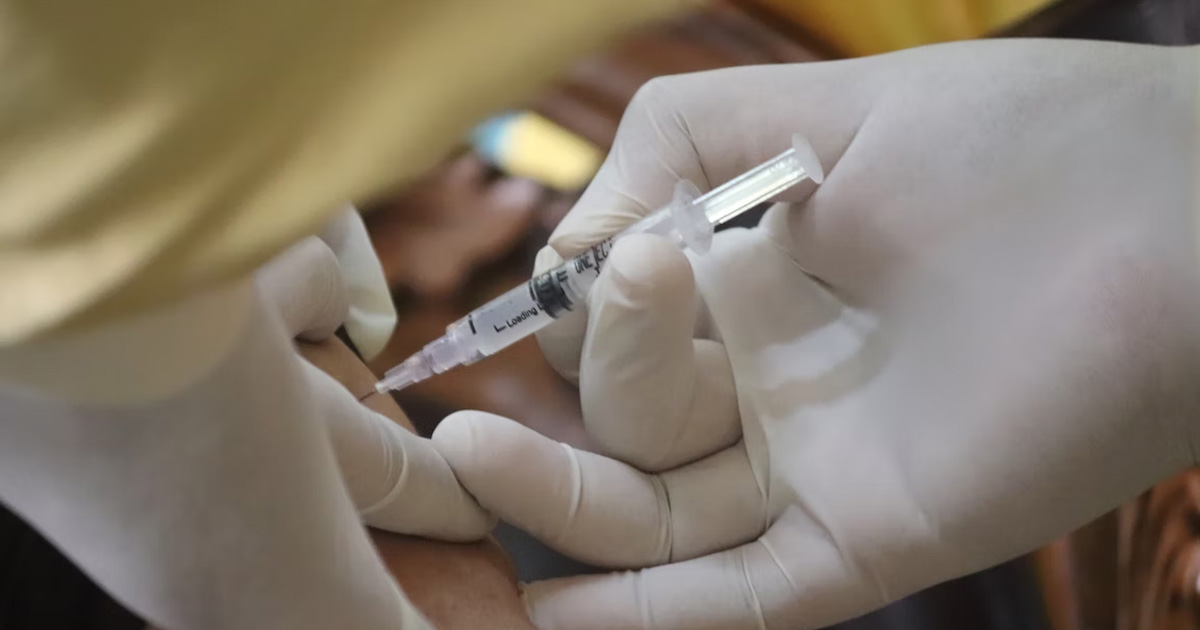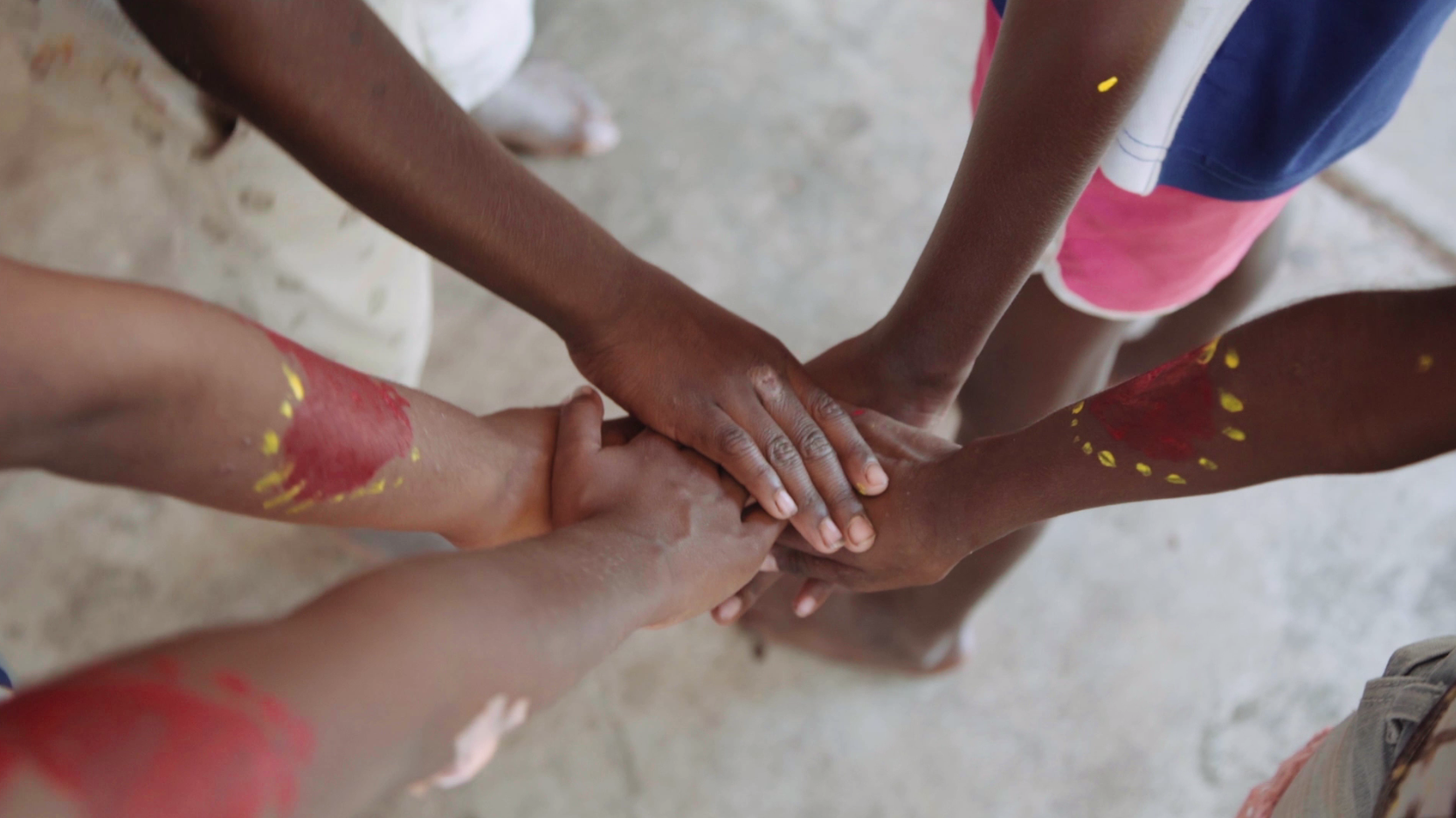Search

News & Events
The Kids Research Institute Australia's Mitch Messer wins at WA of the Year AwardsThe Kids Research Institute Australia extends its warmest congratulations to health consumer champion Mitch Messer, who won the Community category at the 2024 West Australian of the Year awards last night.

News & Events
Researcher elected fellow of prestigious international autism research societyThe Kids Research Institute Australia autism researcher Professor Andrew Whitehouse has been inducted as a Fellow to the International Society for Autism Research (INSAR), making him just the fourth Australian to be bestowed the honour.

News & Events
The Kids on the road to Broome again in 2024 thanks to Federal Government grantThe Kids Research Institute Australia will bring science to the Kimberley for a second year in 2024 after the Federal Government today announced a $20,000 grant for the Institute to deliver the Broome STEM Festival.

News & Events
Prestigious funding secures critical child health research programsFour The Kids Research Institute Australia researchers have been awarded $8.8 million in prestigious Investigator Grants from the National Health and Medical Research Council to pursue innovative child health research focused on autism, childhood cancer, skin health, and Aboriginal genomics.

News & Events
Global study finds human air travel culprit for RSV variant spreadGlobal circulation of respiratory syncytial virus (RSV) is shaped by human air travel with travellers hosting new strains fuelling transmission across borders, an international The Kids Research Institute Australia study found.

News & Events
New funding targets diabetes and heart disease health service gapsResearchers will work with Aboriginal & Torres Strait Islander women in SA to devise better ways to care for women at risk of pregnancy complications caused by diabetes and cardiovascular disease.

News & Events
Infectious diseases advocate and child disability researcher named as finalists for national awardsCongratulations to prominent consumer advocate Catherine Hughes and The Kids Research Institute Australia honorary researcher Dr Noula Gibson, who have been named finalists in Research Australia’s 2023 Health and Medical Research Awards.

News & Events
Immunotherapy drug dramatically improves survival for babies with rare leukaemiaA pilot clinical study, led in Australia by a The Kids Research Institute Australia and Perth Children's Hospital researcher, has found an immunotherapy drug can dramatically increase survival rates for babies with a rare form of leukaemia, paving the way for a major international clinical trial.

News & Events
RSV vaccine for pregnant women provides protection for babies: studyA world-first study has found a new vaccine against potentially deadly respiratory syncytial virus (RSV) is safe and effective for use in pregnant women, to help protect their babies.

News & Events
Community-led research set to revolutionise treatment of rheumatic heart diseaseYoung Aboriginal and Torres Strait Islander people receiving long-term, painful injections to prevent deadly complications from rheumatic heart disease (RHD) will design their own optimum treatment program thanks to latest research at The Kids Research Institute Australia.
